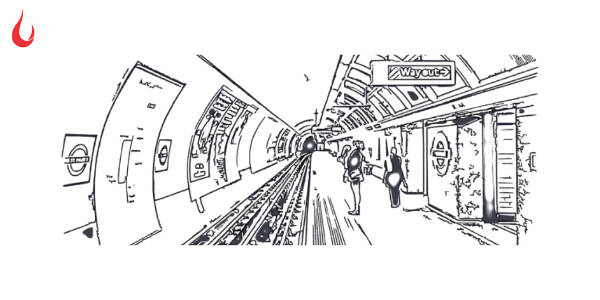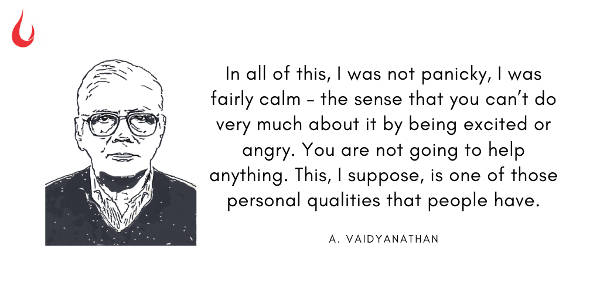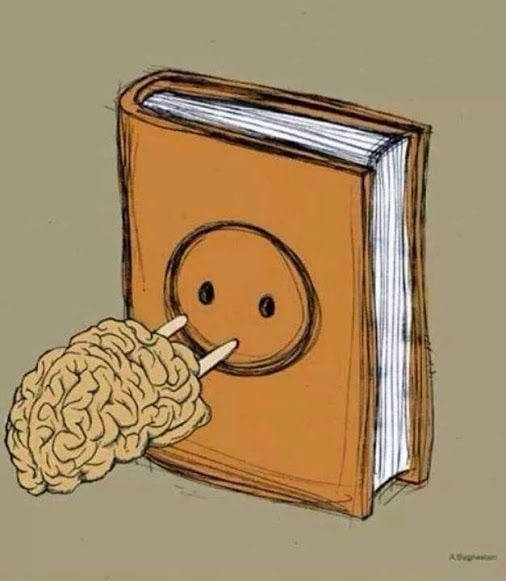[Image by Free-Photos from Pixabay]
Good morning,
In What It Takes: Seven Secrets of Success from the World's Greatest Professional Firms, Charles D. Ellis writes:
“Every great firm has a clear, long-term purpose—an inspiring, engaging mission. This North Star provides the firm’s professionals with extra confidence in the meaning, value, and significance of their work and justifies the intensity of their engagement beyond ‘making a living’ to making a purpose-driven life. In an old story, a pilgrim came to the construction site for what would become Chartres Cathedral and asked the stonecutters what they were doing. One tersely said, ‘Squaring this stone.’ Another proudly said, ‘Squaring this stone to build a strong wall for a major building.’ And the third, with joy in his heart, said with a wide smile, ‘Building a great cathedral to honour the glory of God!’ With which stonecutter would you want to work?”
We don’t know whether this happened or not, but it’s an inspiring story.
In the first edition of Personal Journeys, Ashish Vidyarthi shared some real stories from his own life—on how he went out of his comfort zone several times in his career and discovered profound insights and deep meaning. And they were indeed inspiring!
We would like to thank everyone who participated in the session. If you missed it, don’t worry. We will share a video recording very soon.
Have a great Wednesday!
Here are three things we found interesting.
Stagger timings for public transport

In an essay, in McKinsey.com its consultants share some lessons from Europe on how to restart the public transport system. One way is to stagger the timings, to avoid transportation spikes (that typically happen during morning and evening rush hours). But it needs better collaboration. They write:
“To do this, some transit operators and city governments have implemented several changes, largely aimed at allowing workers and students to alter their commuting schedules. One change is staggering start times for schools, public services, and offices so that fewer people need to board public transit during rush hour periods. Some parts of Israel, for example, are opening schools in shifts, which reduces transportation congestion and crowds around schools. Similarly, some schools and universities in the Netherlands have spread start times over the day. Meanwhile, in France, only trips to and from work and school are allowed during peak periods. In addition, some transit operators have created extra waiting capacity at busy hubs.”
Don’t panic, listen to all sides
Crisis amplifies inherent qualities in a person or a system. People who tend to be calm, don’t panic even in the face of crisis. Economist A Vaidyanathan, who passed away last week, was at Taj Mahal hotel in Mumbai on 26/11 when it was attacked by terrorists. He remained calm throughout, looking at the happenings around him as dispassionately as he looked at data all his professional career.

The ongoing crisis also seems to have amplified polarisation. In the nineties as globalisation seemed to accelerate and new technologies appeared to break the walls between nations, there was much talk about a borderless world, open societies, ‘world is flat’ etc. However, It didn’t take long before we realised that the world is not flat, and that it had become more polarised, and people came out of their filter bubbles only to fight with others.
An obituary of Vaidyanathan (by R. Nagaraj, professor at Indira Gandhi Institute of Development Research and C. Rammanohar Reddy, editor of ‘The India Forum’) highlights why we should again turn back to his life for some answers. They write:
“In a field where viewpoints could be extreme and debates acrimonious, Vaidy had the remarkable ability to listen to all sides and be open to all viewpoints. He would have his opinions but he was never closed to ideas from the ‘opposite’ side. It is perhaps this capacity that saw him interact with people across political divides.”
Recharge

(Via WhatsApp)
Name some books that recharged your brain? Share them with us on mail. Or post on Twitter, and tag us @foundingf. Or join our Slack channel and post it there. If you aren’t there already, here is the invite code.
And if you missed previous editions of this newsletter, they’re all archived here.
Bookmark Founding Fuel’s special section on Thriving in Volatile Times. All our stories on how individuals and businesses are responding to the pandemic until now are posted there.
Warm regards,
Team Founding Fuel

